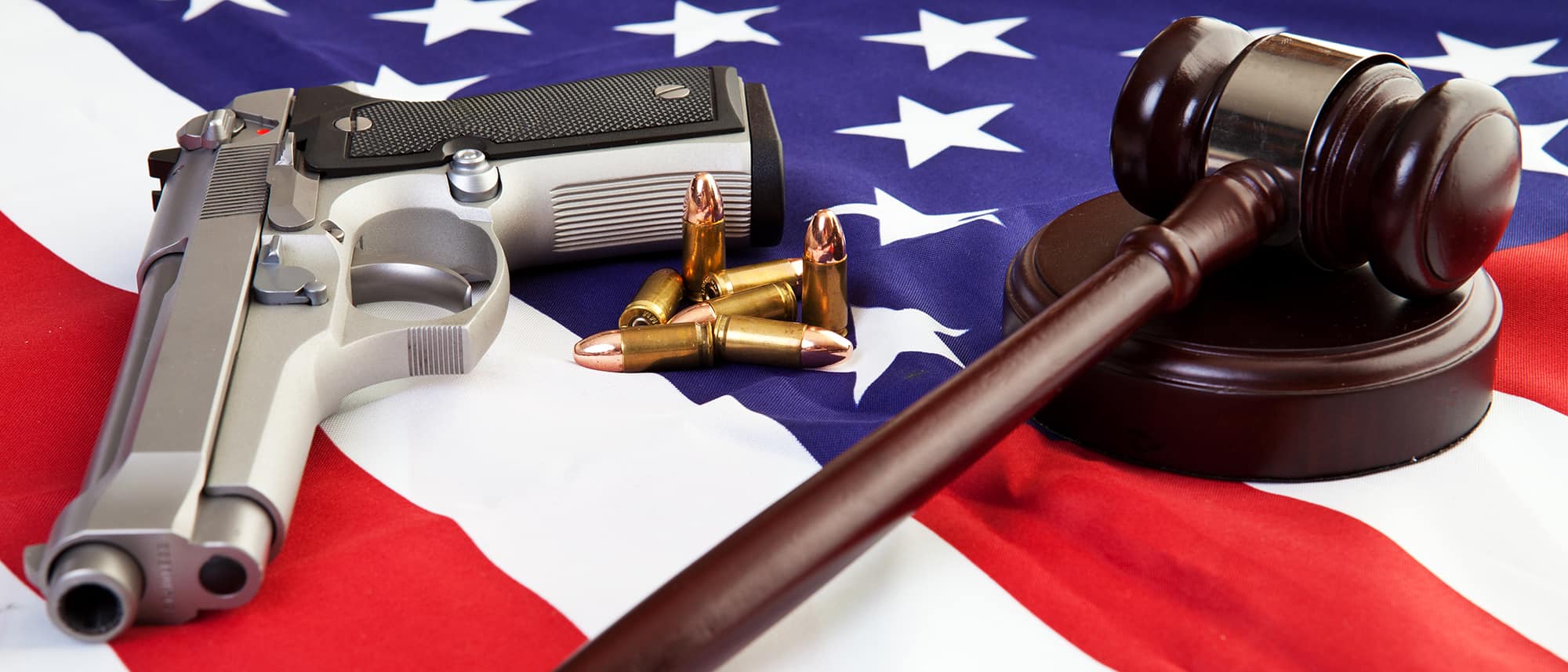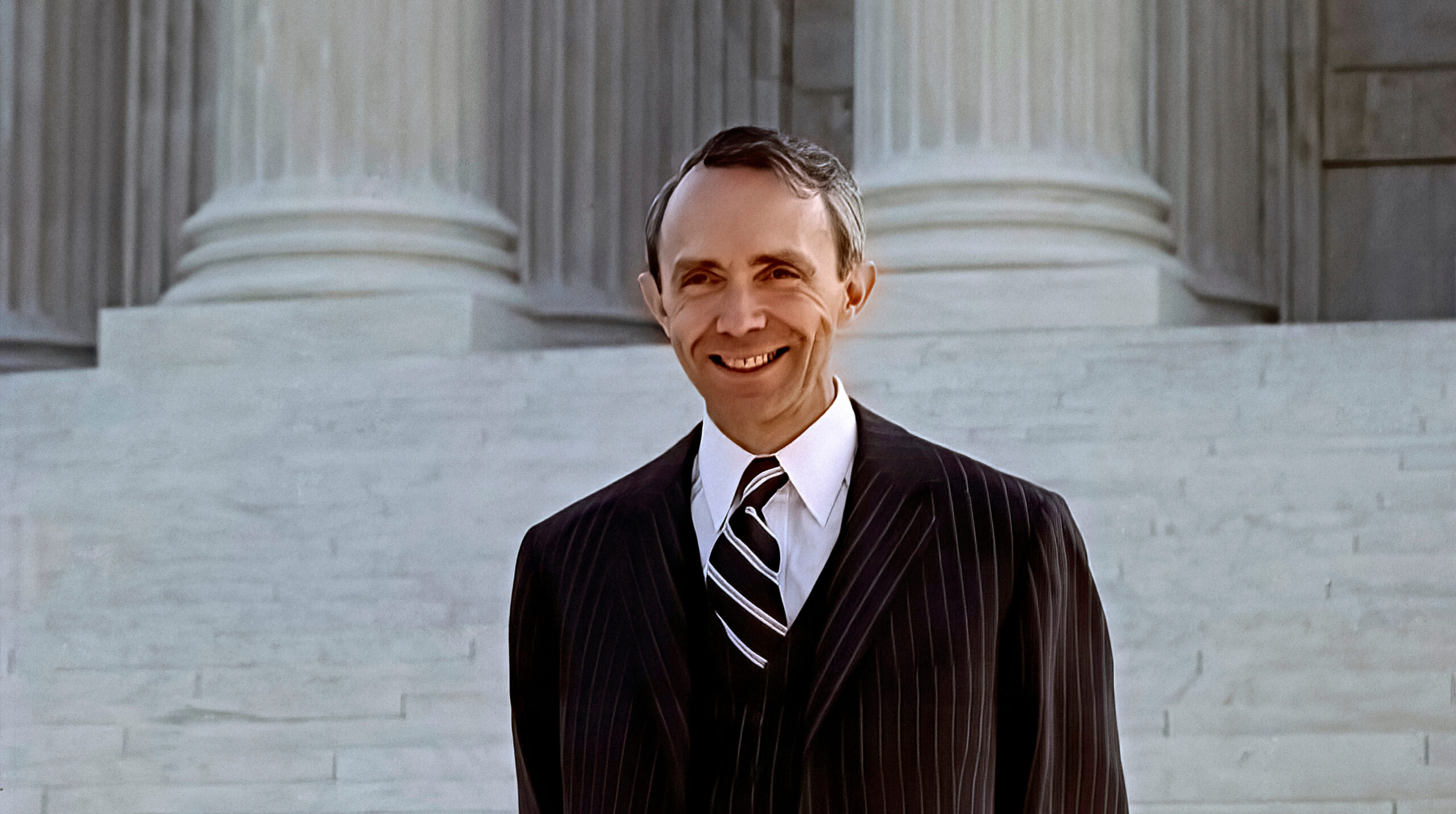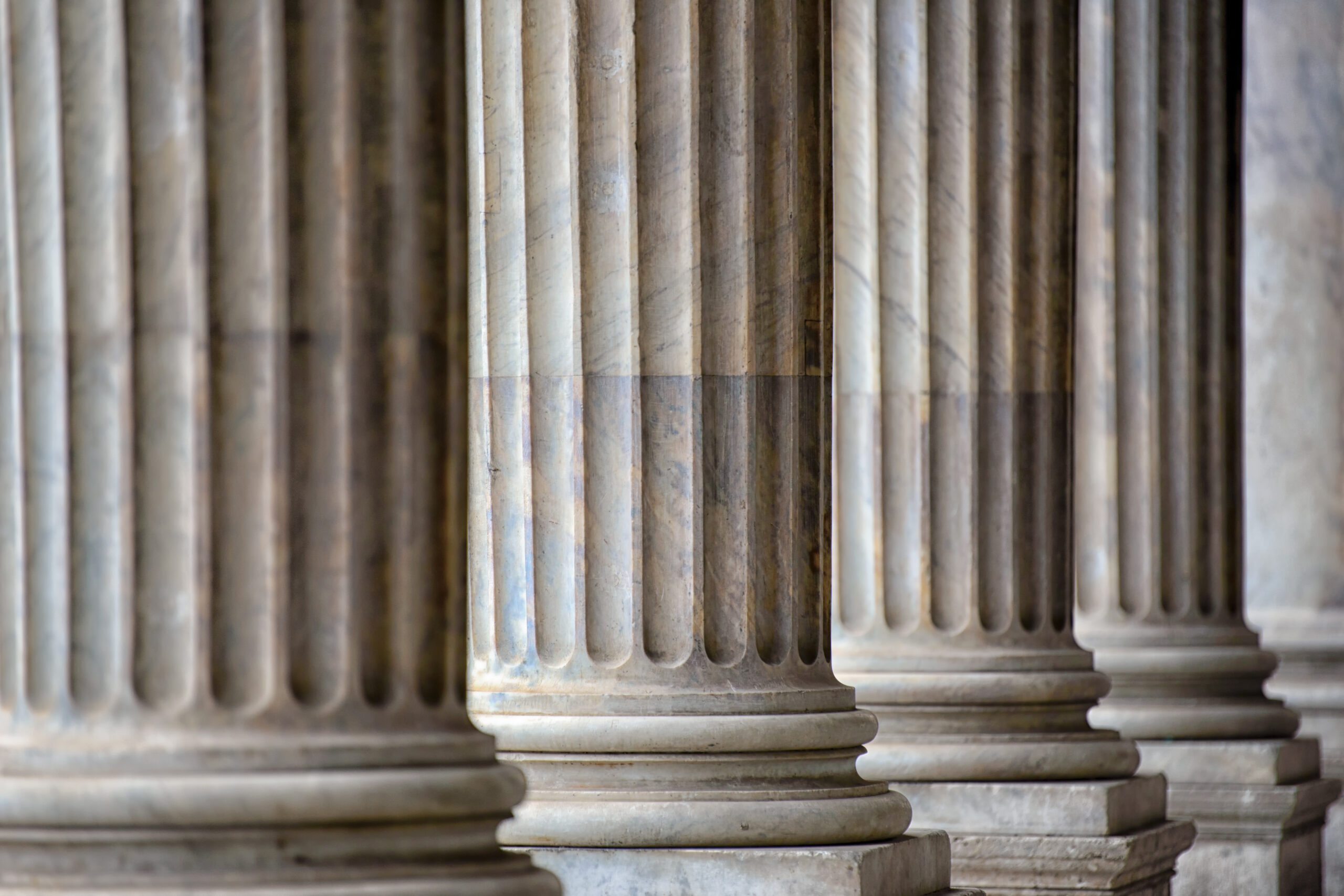
In the wake of last month’s shooting of an Ohio judge, who returned fire, our September Question of the Month email survey of NJC alumni asked simply, “Do you carry a gun?”
More than 1,200 judges responded, and 26 percent answered in the affirmative. The more than 300 comments included about two dozen judges who said they are considering getting a gun. Others said they don’t carry a weapon but would like to; courthouse restrictions or state law prevent them.
A third group mentioned that they already have a firearm in their home or car but do not “concealed carry.”
The results of this poll appear to be comparable to the general public. According to Pew Research, 30 percent of Americans own a gun. According to the Crime Prevention Research Center, 14.5 million Americans have a concealed handgun permit, although 11 states don’t require a permit to carry.
In August, Jefferson County (Ohio) Court of Common Pleas Judge Joseph J. Bruzzese Jr. was shot outside his courthouse in Steubenville in an ambush-style attack. The judge and a probation officer returned fire and killed the attacker. The shooting made national news and focused attention on armed judges.
NJC faculty member John F. Muffler, a former U.S. Marshal, acknowledges that Bruzzese would have been killed if he hadn’t been armed. But judges should not, and cannot, rely on weapons alone to keep them safe, he says. His advice.
Several judges cited the Ohio attack as a catalyst to consider getting a permit and possibly a weapon.
“I have a canister of bear repellent in the courtroom as a defense of last resort,” wrote one judge anonymously, “but after reading about how the judge in Ohio defended himself, I am considering carrying a gun.”
On the whole, judges gave varied and often intricate reasons for carrying or not carrying.
“The responsibilities and precautions necessary for carrying a gun far outweigh the possibility of the one-in-a-million chance someone will shoot you,” wrote another judge.
Other non-carriers said they consider their court adequately secure with sheriff’s deputies or judicial security officers present. Several judges said they are simply morally opposed to guns. Some said carrying a weapon was at odds with the rule of law. Some bristled at the Wild West mentality that a gun can protect against the threat of violence.
“We may be West of the Pecos, but we aren’t Judge Roy Bean,” wrote one judge anonymously, referring to the famed justice of the peace in Texas in the 1880s. Wild West folklore painted Bean as a “hanging judge” and movies often showed him with a weapon.
Judges who do carry guns cited meager courthouse security or police protection, particularly in rural areas with limited resources. Others mentioned that they work late hours, lack protection walking to and from their car, or encounter defendants who become emotional during arraignments.
Many cited specific threats made against them. Some said they only carry a gun when they have been recently threatened.
Lee County (Alabama) District Court Judge Russell K. Bush said the 2005 shooting in an Atlanta courthouse prompted him to carry. In that case, a man facing rape charges attacked a sheriff’s deputy and took her gun before entering the courtroom, shooting Superior Court Judge Rowland W. Barnes, a court reporter, and two law enforcement officers. All four died.
In reading about the attack, Bush noticed the layout of the Atlanta court mirrored his own court and chambers. By 5 p.m. that same day, he had obtained, he said, “a permit, a new semiautomatic handgun, and several boxes of ammunition.”
Bush said he has since received three death threats but feels less afraid now.
He added that he trained at the police department within a week of obtaining a permit. Many other judges who carry guns also stressed the importance of gun training and safety.

The National Judicial College has awarded Missouri Supreme Court Judge Mary Russell with the Sandra Day O�...

Emeritus Trustee Bill Neukom (left) with former Board of Trustee Chair Edward Blumberg (right) at the NJC 60...

The National Judicial College, the nation’s premier institution for judicial education, announced today t...

The National Judicial College (NJC) is mourning the loss of one of its most prestigious alumni, retired Uni...

As threats to judicial independence intensify across the country, the National Judicial College (NJC) today...